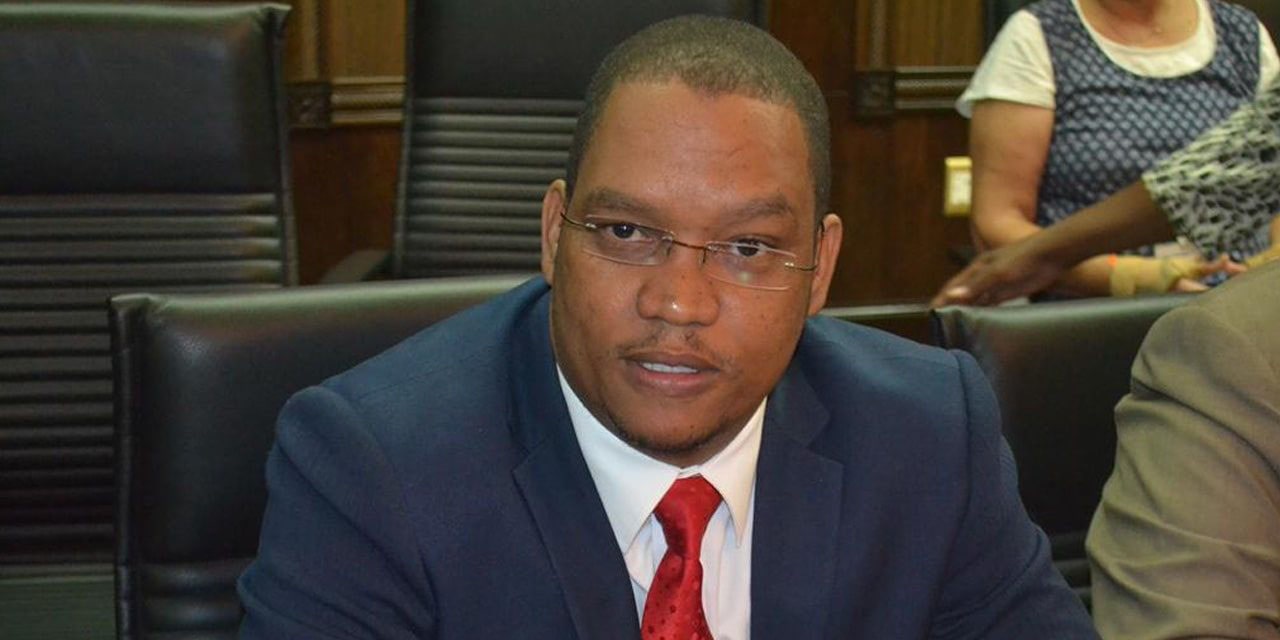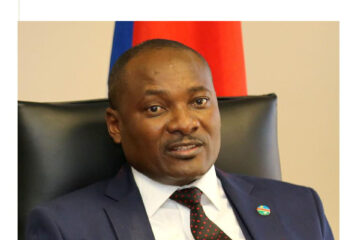Martin Endjala
The cost of electricity should reflect the socio-economic conditions of people in a specific locality and should not be pegged to cost recovery, as many citizens are unable to keep up with the costly electricity rates.
Landless People’s Movement leader and MP Bernadus Swartbooi told the National Assembly yesterday, that fundamental reform in the electricity sector is therefore needed, to ensures that those who are unable to pay for electricity are still catered for.
He was speaking on a motion tabled by his deputy Henny Seibeb for the cancellation of electricity debt owed by local authorities to the national power utility.
The proposed write off of the debt, Swartbooi said, should be seen as a stimulus package ‘’meant to release monies within the local authority economy and stimulate development. This will create jobs, create an ability for stronger services delivery, including further funding for low cost housing, instead of so much money being swallowed by on SOE viz Nampower.
He called for the development of what he termed an ‘indigent’ policy which will look at case base scenario and reflect a human perspective approach that will help a lot of households.
The MP pointed out that it is evident that there is a close correlation between electricity availability and the socio-economic development of a country.
For social and economic development to occur the country must have sufficient, reliable, and affordable electricity, he continued.
Namibia has a major shortcoming with regards to affordability and it is for this reason that the motion is relevant and necessary, to allow the House to effectively ventilate the current status of the electricity sector, and how, and at what cost this service is provided to local authorities in Namibia, Swartbooi argued.
Namibia is one of the countries in the world with a high electricity cost of $2.3056 per kWh, he told the house.
In SADC, it has the highest electricity cost, and this is because, Namibia imports about 590% of electricity from SADC countries making Namibia a net importer of electricity at 59 percent.
The Nampower 2020 Annual Report illustrates that the entity made a profit of N$6,5 billion, which is a 4,8 percent rise from N$6,8892 billion in 2019.
‘’This increase in their revenue is against the backdrop of their stakeholders in the local authorities finding it hard to hold head above water,’’ said Swartbooi.
Meanwhile, the household debt to disposable income at the end of 2021 hovered 77,4% of disposable income, said the opposition politician.
Basing his argument on local authorities being unable to keep base with their utility accounts, Swartbooi said one should show sympathy to the working class struggling to make ends meet on a daily basis.
He is of the view that, there is a deeper structural problem within the economy and the National Assembly needs to ventilate issues around this sector and the economy as a whole, as impacted by the electricity provision in the country.




